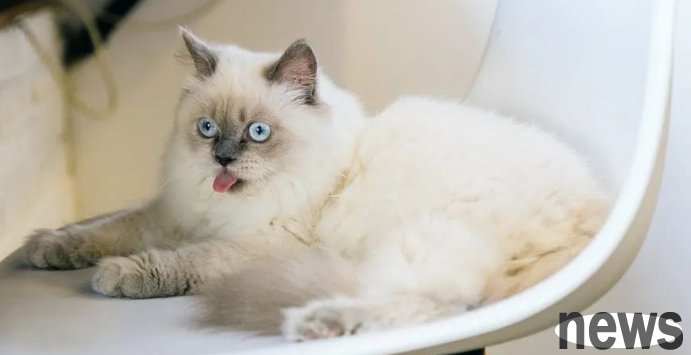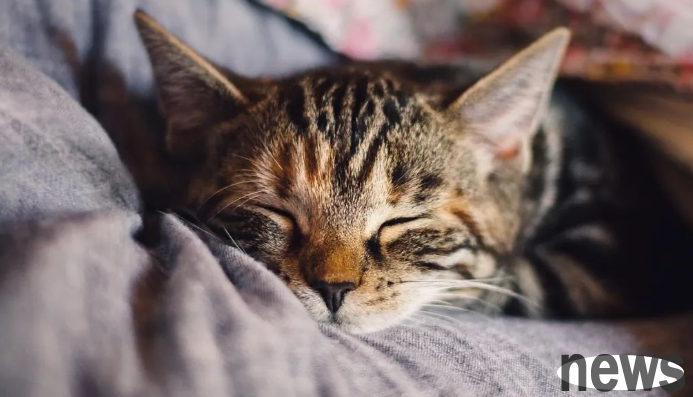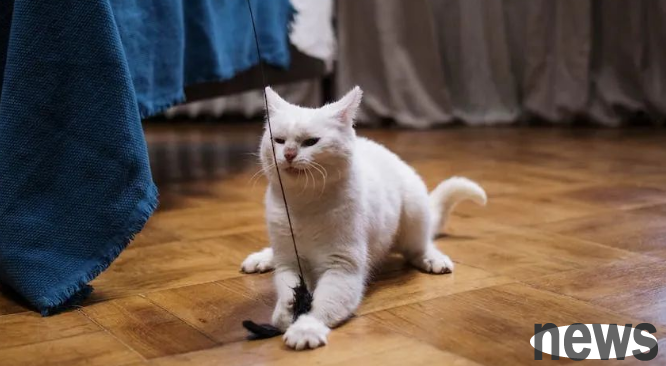As owners of pet cats, we need to understand their dietary needs to ensure their health and well-being. This article will introduce the precautions for pet cats’ diet, including foods that cannot be eaten and healthy recipes suitable for them, and also guides how to arrange their diet reasonably during the breeding process.
The special tastes and eating habits of cats

Cats are animals that are good at eating and paying attention to taste. Unlike humans, they have special sensitivity to certain foods. Owners should be careful not to give their cats spicy, greasy or high in caffeine. In addition, cats have a low demand for moisture, and they gradually lose their instinct to drink water, so their owners need to take some measures to promote their water consumption.
Food not eaten
Some foods are toxic or even fatal to cats, so owners must remember them. For example, chocolate, onions, garlic, alcohol, caffeine and grapes are foods that cats cannot consume. Some of these foods can cause damage to the cat's liver, kidneys and nervous system, and even trigger a poisoning reaction.
Healthy Recipes for Cats

To keep pet cats healthy, it is important to provide a balanced diet. Generally speaking, cats need foods that are high in protein, moderate in fat and small in carbohydrates. It is recommended to choose high-quality cat food, pay attention to checking the product ingredient list to ensure the quality and type of protein source. In addition, adding a proper amount of fresh meat or fish is also a good idea, but make sure the meat is cooked thoroughly to kill potentially hidden bacteria.
Eating habit adjustment and breeding traps
Because pet cats are sensitive to taste, dietary changes should be carried out gradually, and it is not advisable to suddenly change the type of food of the cat. If you need to change food, you should slowly mix old and new foods and gradually increase the proportion of new foods. In addition, owners should also pay attention to moderate control of the cat's diet to avoid overfeeding and causing obesity.
Other dietary precautions during feeding

There are additional dietary precautions that require the owner's attention during the raising of pet cats. For example, provide a fresh water source to your cat, change the water regularly, and keep the water clean. In addition, owners can also consider arranging regular feeding to avoid allowing the cat to eat freely all year round to prevent excessive or too little intake.
Protect the health and happiness of pets
Through correct diet management and reasonable breeding methods, we can provide pet cats with a healthy and happy living environment. Just pay attention to food types and dietary habit adjustments, and we can become the best dietary consultants for pets and protect their health and happiness.
Worried that the cat and dog were incompatible, so they asked the puppy to adopt the kitten in person. As a result, they were so jealous that the owner was: Then I'll leave?
